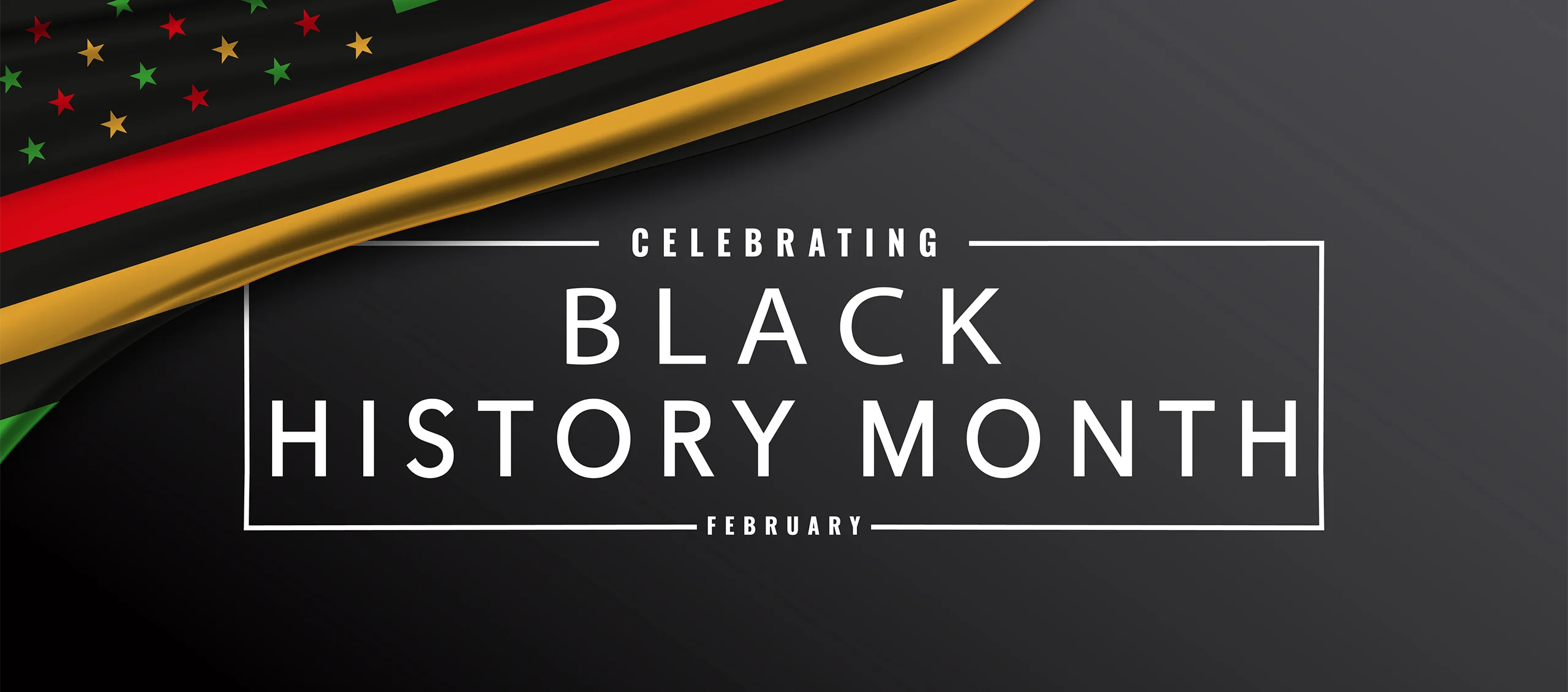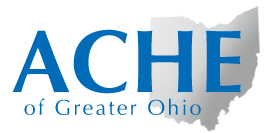Black History Month

February marks the beginning of Black History Month, for us to acknowledge, celebrate, and commemorate the achievements of the Black community.
These accomplishments encompass all areas of society and are a testament to Black people's resiliency, resourcefulness, and ingenuity. With these triumphs, it is also important that we acknowledge the adversity and oppression that Black people have faced for many centuries.
These have manifested in the workplace, the community, and healthcare. While some would have you believe that many of the racial tensions that negatively affect Black people are a thing of the past, there is still much progress to be made, even in the year 2024. We are currently living in a society ripe with divisiveness and prejudice. This misconception hurts the Black community as a whole and is felt significantly in areas related to healthcare.
Disparities in healthcare information, accessibility, and outcomes have historically and continue to presently affect the Black community in a negative manner. This has been demonstrated in several areas including but not limited to the shortening of life expectancy, higher prevalence of many life-threatening diseases, as well as a significantly increased infant mortality rate for Black babies. It is essential to not ignore but rather draw attention to these disparities to have the ability to address them and bring about positive change. Without a dedicated effort in diversity and inclusion, our communities will not experience sustainable progress. Improving the health outcomes of Black people is essential to improve the overall health of our communities.
ACHE of Greater Ohio remains committed to Diversity, Equity, and Inclusion and will continue to include diverse and underrepresented voices in all events. Diversity enriches our life experiences and strengthens the organizations that we represent. It also allows for breakthrough discoveries, the cultivation of talent, and a more robust culture. We will continue to work diligently to provide meaningful resources to help others understand this group's healthcare issues.
